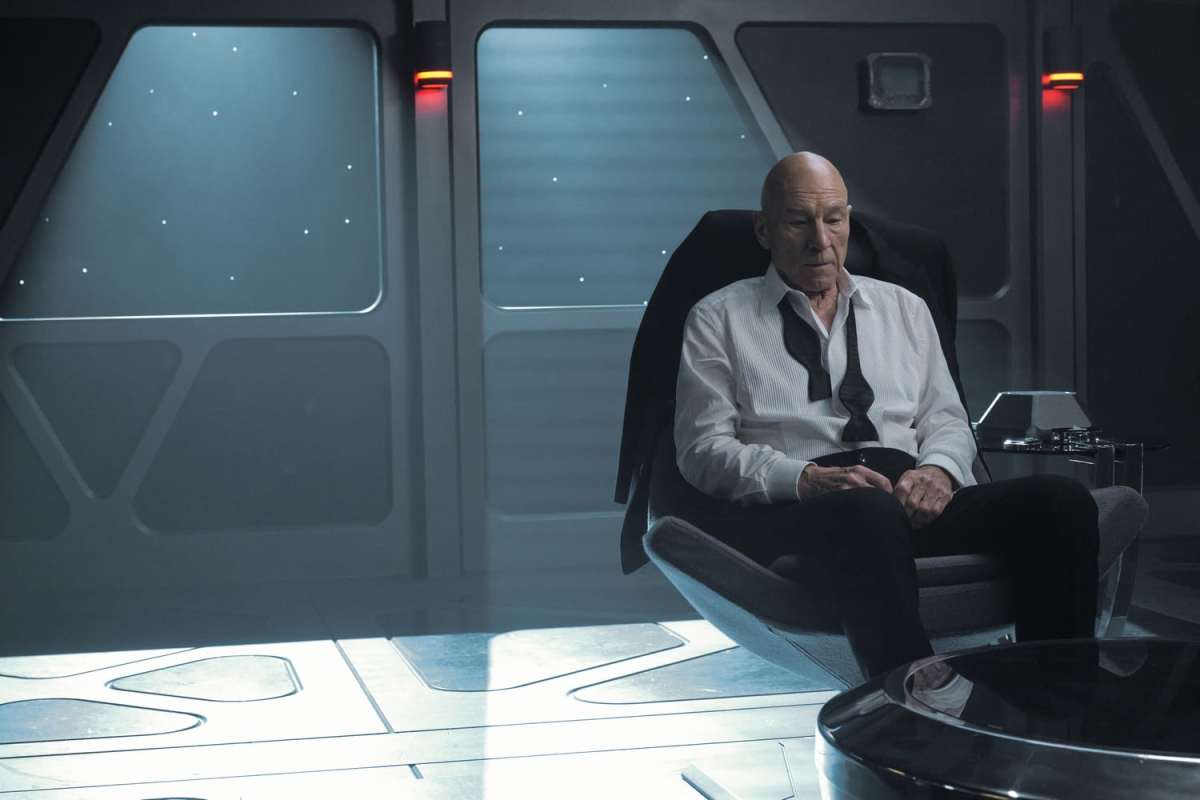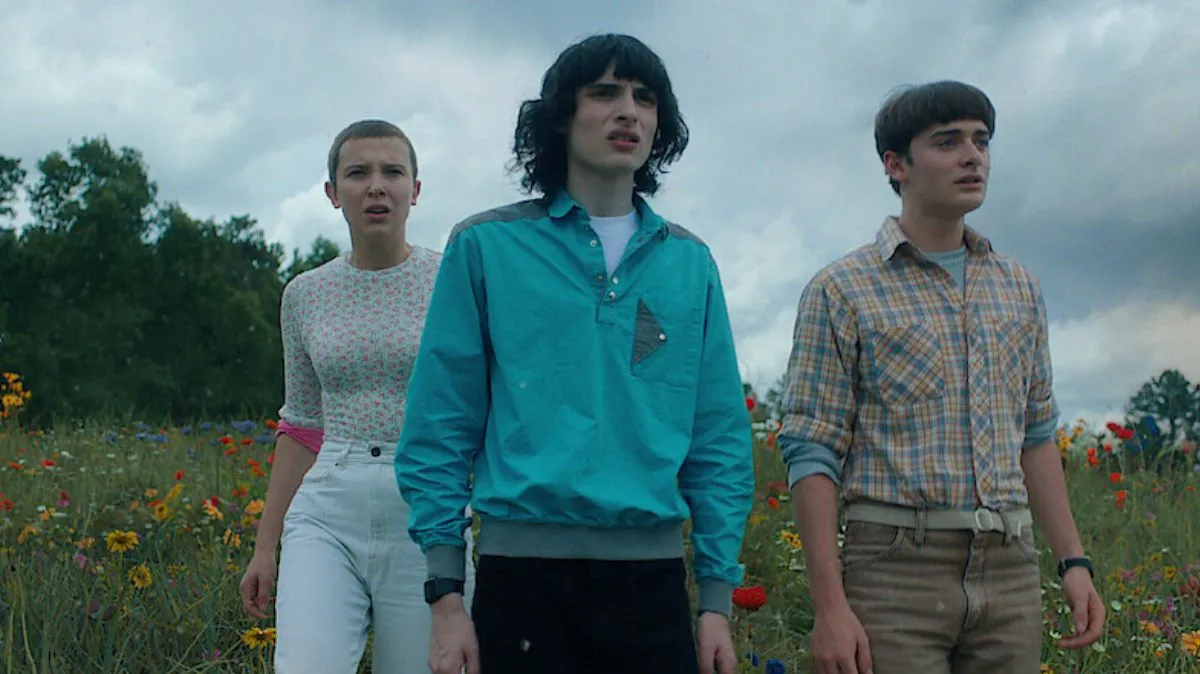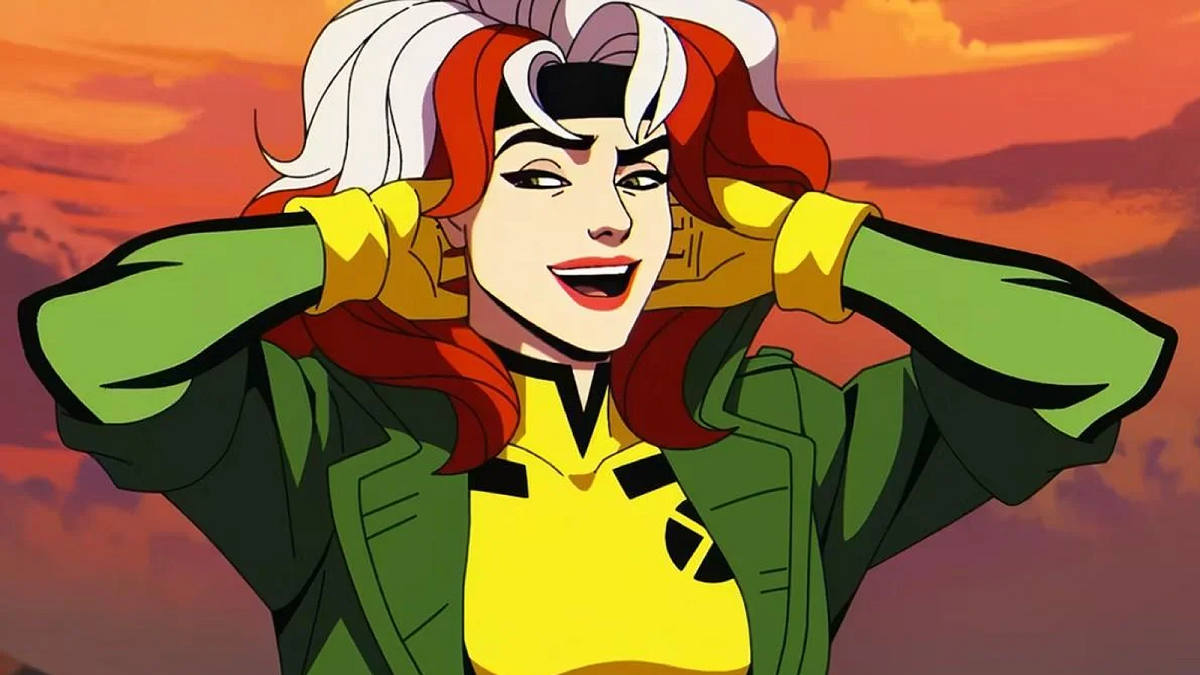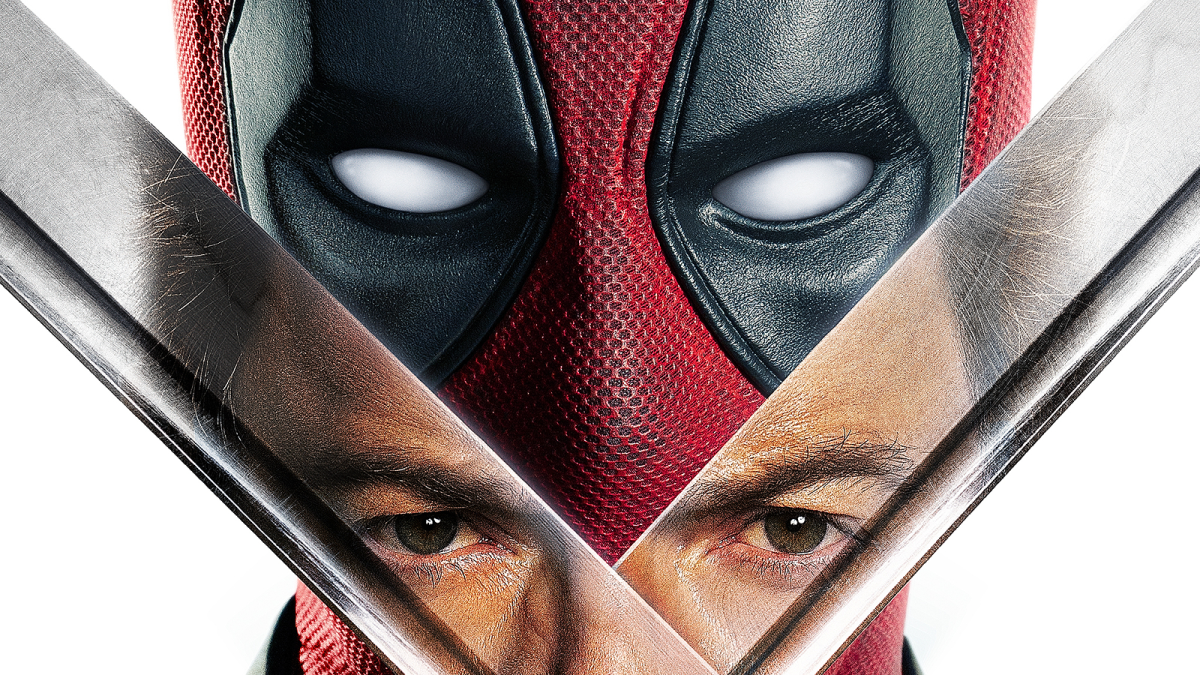This discussion and review contains some spoilers for Star Trek: Picard season 2, episode 7, “Monsters.”
“Monsters” is a structural mess, an episode of Star Trek: Picard that botches the execution of what should be a series of seismic revelations about the early life of Jean-Luc Picard (Patrick Stewart).
Modern Star Trek often seems trapped in an uncanny valley between prestige television and something much more banal. The modern iterations of the franchise long for the trappings of prestige television, with their moral ambiguity and character-driven storytelling, while yearning for the familiar comforts of the traditional procedural. “Monsters” is an episode that runs aground of this approach, lost in the gulf between these two irreconcilable approaches to storytelling.
The central hook of Picard is the idea of doing The Lion in Winter with one of the two best actors ever to grace the Star Trek franchise, to reflect on the legacy and the impact of a hugely influential piece of pop culture in a radically changed landscape. In its best moments, Picard seems to offer genuinely challenging and provocative questions of its central figure. What happened to the future that Jean-Luc Picard promised? What does the old man see when he looks back over his life?
The second season of Picard teased earth-shattering revelations about its central character, promising to get under the skin of a character defined by stoicism and restraint. “He’s wrestling with — or better yet, ignoring — the puzzle pieces of his past that are stopping him from embracing his future,” said showrunner Terry Matalas in pre-season interviews. “Of course, the re-appearance of Q is going to force him to look inward and get to the bottom of some of these issues.”
Patrick Stewart boasted that the season would offer a window into “more of the romantic and emotional life of Picard.” This is an exciting hook. Part of the appeal of Star Trek: The Next Generation was the way that Stewart gave Picard a rich and vivid inner light, but his ability to really dig into the character was confined by the rigid episodic structure of a syndicated 1990s television show. There was never room, for example, to unpack the consequences of “The Inner Light.”

In the years since The Next Generation wrapped up, television has become a more character-centric medium. Modern shows are willing to spend more time exploring the psychology and motivations of complex leading men. Brett Martin’s history of the revolution in cable television that led to shows like The Sopranos, Mad Men, The Wire, and Breaking Bad was even titled Difficult Men. The USA Network even adopted the promise “Characters Welcome” as its tagline in 2005.
Part of what is frustrating about Star Trek: Picard is the show’s half-hearted effort to have it both ways, to awkwardly strive towards the sort of nuance and interiority of those more sophisticated dramas while always retreating back into the comforts of nostalgia for fear of over-complicating a beloved character. This has been a problem with the show from the outset, most obvious in how the first season bungled its themes of generational failure for fear of alienating nostalgic fans.
“Monsters” snaps under these competing pressures. The episode is built around the idea of giving Picard a central personal trauma rooted in childhood that could be used to explain decades of characterization. Even before delving into the botched execution of all this, there is something reductive in that premise, in the idea that Picard’s emotional stoicism and restraint is something that needs to be “explained” by some formative event.
It is part of a larger pop culture trend, reducing characters to sets of simple “if… then…” inputs and outputs. This logic demands Cruella de Vil be given an origin story to explain her feelings about dalmatians and why she has such a comically evil name. It isn’t just pulp media that suffers from this — prestige television also falls into this trap. Mad Men over-elaborated on Don Draper’s (Jon Hamm) history in such absurd convoluted detail that it becomes “the backstory of a serial killer.”

“Monsters” focuses on conversations inside Picard’s head, in which the character confronts a therapist (James Callis) digging into his psyche. The therapist opines that Picard has “built such walls around (his) wounds that even a Betazoid can’t get a read.” He demands, “Why do you find it so difficult to be open, Jean-Luc?” He presses, “There’s a version of yourself you’re hiding.” He challenges, “What is it? What is it you define yourself by?” It is all trite and simplistic.
“Monsters” aspires to be a mature and sophisticated piece of character work. The scenes with the therapist evoke the structural framework of The Sopranos. The emphasis on repressed childhood trauma suggests Mad Men. There’s a seriousness to all this, right down to the casting of James Callis from Ronald D. Moore’s Battlestar Galactica, one of the rare recent science fiction television shows to make a clear effort to break out of “the ghetto” to which such shows are often confined.
However, Picard simply isn’t capable of committing to what it is doing. “Monsters” initially suggests that Jean-Luc grew up in an abusive home, that his mother Yvette (Madeline Wise) was victimized by his father Maurice (also Callis), and that young Jean-Luc had internalized that horror. It is a very cynical approach to characterization — reducing trauma to a plot hook — but it might explain why Jean-Luc Picard grew up to be so wary of familial attachment and his own relationship to children.
Indeed, there are interesting implications bubbling beneath the surface in all this. Picard’s description of Yvette as “the Queen” with “fiery red hair” has decidedly Oedipal connotations given his complicated psycho-sexual relationships with both the Borg Queen (Alice Krige) in First Contact and redhead Beverly Crusher (Gates McFadden) on The Next Generation. The fact that Crusher was herself a mother, and any relationship would make Picard a father, adds interesting shading.

However, “Monsters” isn’t willing to actually delve into any of this. Instead, the episode quickly reveals that Picard’s memory of events, which was literally only just revealed to the audience, was wrong. In fact, Yvette dealt with mental illness. Maurice tried to protect both Yvette and Jean-Luc as best he could. Ignoring the cynicism of reducing Picard’s entire character to a simple game of cause and effect, there are the bones of interesting ideas here.
On paper, Yvette’s mental illness adds a sense of tragedy to her son’s diagnosis with the degenerative Irumodic Syndrome in “All Good Things…,” as growing up with that kind of condition within a family inevitably leaves scars. It also fits neatly with the recurring suggestion that Picard has become a reluctant surrogate father figure who “feels like a dad” to Rios (Santiago Cabrera) and who Jurati (Alison Pill) wished was her father in “Assimilation.”
Unfortunately, “Monsters” isn’t actually interested in exploring these ideas in anything more than a superficial way. Instead, it reduces these revelations to mere plot points. They feel more like the summary of a Wikipedia (or Memory Alpha) article than an actual engaging narrative. The episode plays like a series of index cards arranged on a whiteboard, rather than a story that has been carefully constructed and articulated.
In “Monsters,” the audience learns an earth-shattering revelation about its central character, only to quickly discover that this was just a red herring and so immediately learns another completely different earth-shattering revelation. Even in terms of basic structure, these revelations would make more sense scattered across a whole season — establishing the fractured marriage in the season premiere and then developing it across the season, adding nuance and shading in an organic manner.

To be fair, this is a common problem with a lot of modern genre fiction, particularly those rooted in existing intellectual property. Fantastic Beasts: The Crimes of Grindelwald has exactly the same problem. The film pauses right before the climax for a 10-minute explanation of the backstory of Credence Barebone (Ezra Miller), only to immediately pause again and explain that the previous explanation was wrong and deliver another corrective 10-minute explanation of his real backstory.
The result of this approach is that none of this feels real or tangible. It just feels disposable. Ironically, despite gesturing at the tropes of prestige television, “Monsters” feels like a nostalgic throwback. This makes sense given how hard the second season of Picard has leaned into a “play the hits” approach to Star Trek. “Monsters” feels like the sort of one-and-done disposable tragic backstory episodes that older Star Trek shows would churn out and forget about.
These episodes were often terrible, built around hackneyed revelations like the death of Deanna Troi’s (Marina Sirtis) sister Kestra (Kirsten Dunst) in “Dark Page,” how Julian Bashir (Alexander Siddig) intentionally academically self-sabotaged in “Distant Voices,” or how Worf (Michael Dorn) straight-up killed a kid one time in “Let He Who Is Without Sin…” There were exceptions — great episodes like “Doctor Bashir, I Presume” or “Gravity” — but they largely existed to prove the rule.
There’s something exhausting in all this. “Monsters” essentially ends with a retread of the cliffhanger from “Assimilation,” albeit without any of the contemporary resonance. At the end of “Assimilation,” Rios was abducted by I.C.E. as an illegal immigrant, a striking and daring choice. In contrast, “Monsters” ends with Picard and Guinan (Ito Aghayere) taken into FBI custody, in what feels like just another (understandable) excuse to limit Sir Patrick Stewart’s potential exposure to COVID.
“Monsters” finds Picard caught between aspiring to be prestige television and formulaic Star Trek, and it does neither particularly well.





